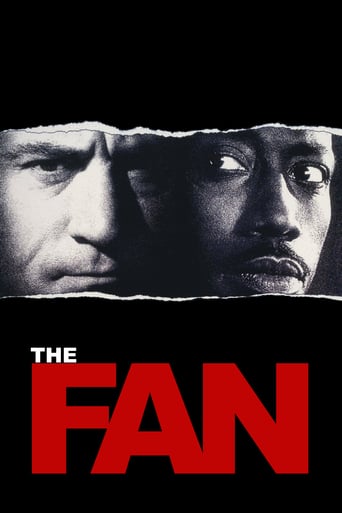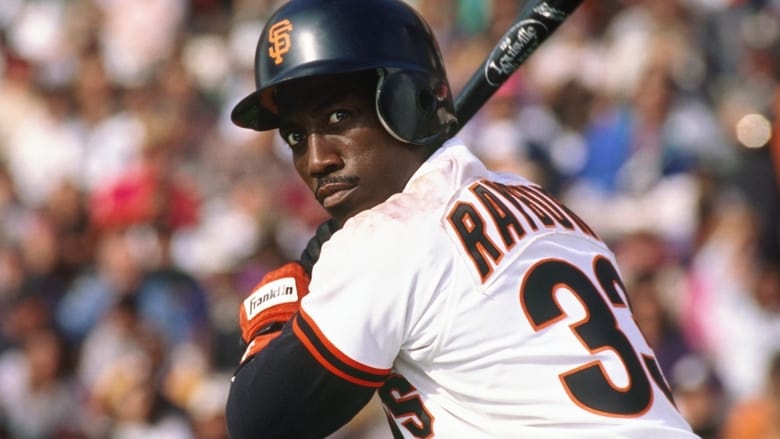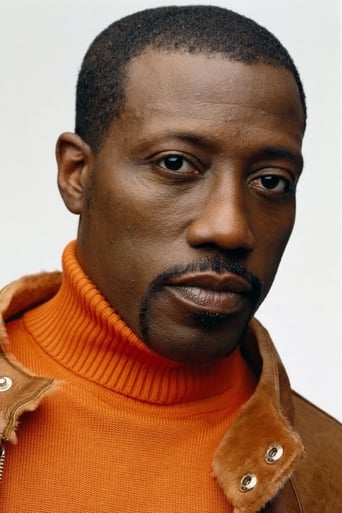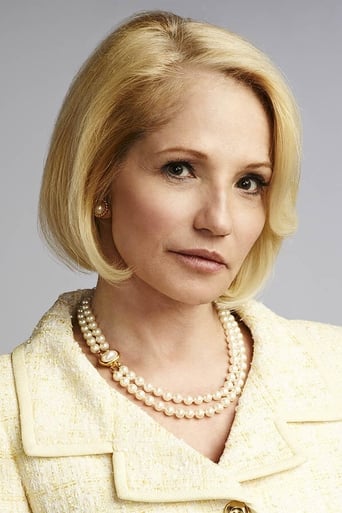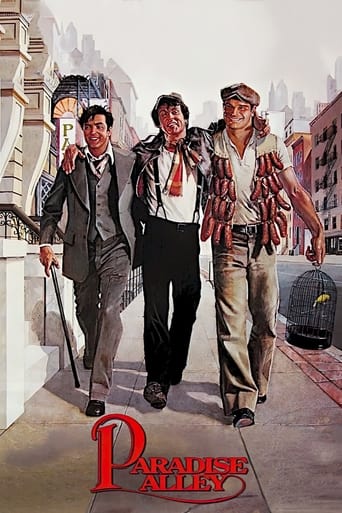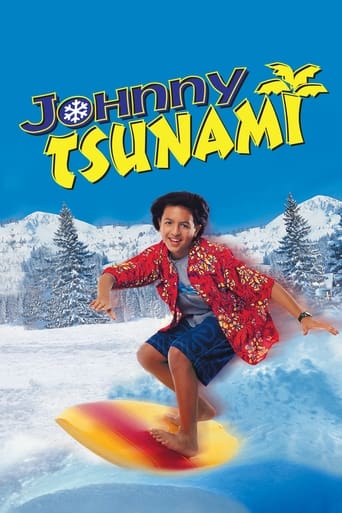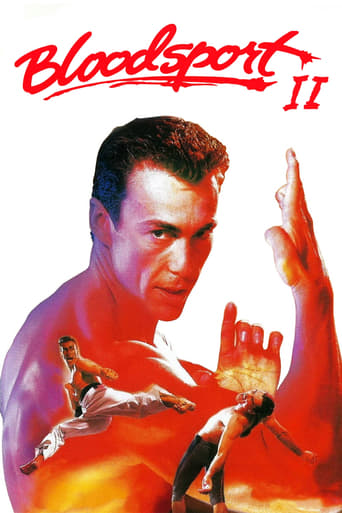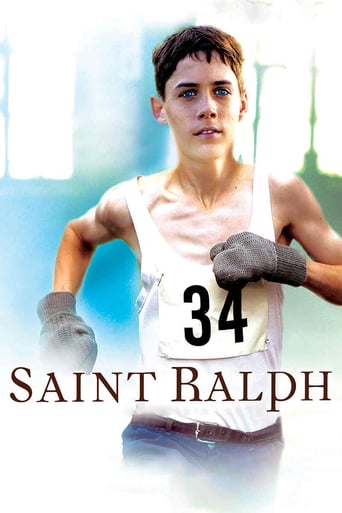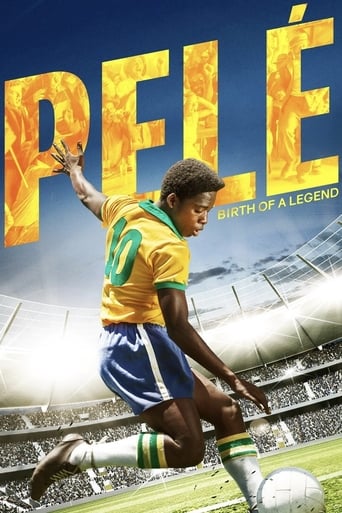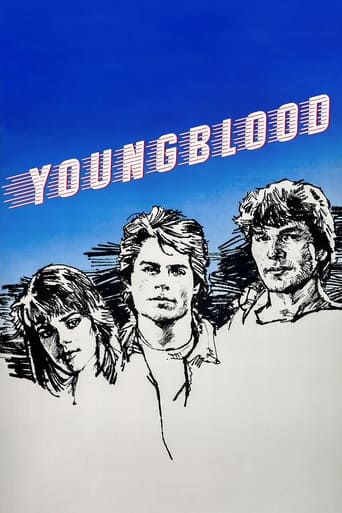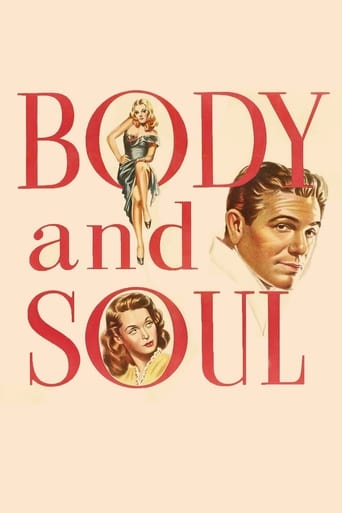The Fan (1996)
When the San Francisco Giants pay center-fielder, Bobby Rayburn $40 million to lead their team to the World Series, no one is happier or more supportive than #1 fan, Gil Renard. When Rayburn becomes mired in the worst slump of his career, the obsessed Renard decides to stop at nothing to help his idol regain his former glory—not even murder.
Watch Trailer
Cast


Similar titles
Reviews
How sad is this?
Good story, Not enough for a whole film
everything you have heard about this movie is true.
If you like to be scared, if you like to laugh, and if you like to learn a thing or two at the movies, this absolutely cannot be missed.
In the game of Life, some are chosen for greatness, while others... can only watch.Such is the case with Gil Renard (Robert DeNiro) a divorced, unstable knife salesman, who has only one light left in his life: Baseball.And only one person he admires:Bobby Rayburn.Bobby Rayburn, by sharp contrast, is the most preeminent baseball player for the San Francisco Giants.As the movie progresses, we watch both men's lives unravel.And while Renard loses his job, and custody of his son; Rayburn (played by Wesley Snipes) suffers a chest injury, and gets upstaged by an ambitious young player, Juan Primo (Benicio Del Toro).It is at this point in the story when Renard decides to take matters into his own hands:He murders Primo, thus restoring Rayburn to his former greatness, but this is not enough.Firmly believing that he has done a good thing (for the Giants, and his idol), Renard decides to reach out to Rayburn, it being his opinion that the baseball star doesn't acknowledge his fans enough.This sets off a series of events which lead the increasingly more unhinged Renard to kidnap Rayburn's son...and demand a home run in exchange for his return.This is a very familiar theme of obsession and murder.You've seen this movie before, with different actors, different storylines, and different titles.What makes this one worth watching however, is a decent script (take for instance, the last scene of the movie), an excellent cast, and a powerful director.Tony Scott does a terrific job with this movie, giving it a dimension most directors could never have achieved.The actors are right on target, bringing out the complexities of their characters.Bobby Rayburn is very well played by Snipes:He's confident, and self-assured without being arrogant.Robert DeNiro is spectacular as Renard:He's clearly psychotic, and, although you can't root for him, you can understand what's causing his breakdown.He's a failure at his degrading job. Because of his volatile personality, he's incapable of maintaining a good relationship with his son, and his marriage crashed some time ago.His one moment of glory was in Little League. And as, the shot of an old newspaper clipping flashes through the screen, you feel you understand this character perfectly.John Leguziamo, and Ellen Barkin put the finishing touches on a movie which, though not unforgettable, is still strangely notable.Originally Written On: June 5, 2018
Sometimes baseball can be more important than life itself.Starring Robert De Niro and Wesley Snipes.Written by Peter Abrahams ( Book ) and Phoef Sutton ( Screenplay).Directed by Tony Scott.Sometimes a very average movie can be carried by one great acting performance.It's never been truer said than in this one. Everything else about The Fan is distinctly average. The plot has been done to death. Obsessed fan becomes a dangerous fan. Obsessed fan has newspaper clippings pinned to his walls. Obsessed fan resorts to murder.Most of the acting performances are average as well, including Wesley Snipes in what I'm guessing is one of his early acting roles. Or maybe it's more of a case of actors being miscast?I didn't buy the plot. For the first half of the film the main character is just a terrible husband that seems destined to screw up his relationship with his ex and his son. And then suddenly the movie jumps the shark and he turns into an obsessed fan with a pair of binoculars and a taste for murder. The whole production is a bit of a damp squid but Robert De Niro delivers a good performance that manages to stop the film from hurtling over the edge of a cliff.An average 6/10 but mainly because of Robert De Niro.
Once during my schooldays our religious education teacher set us an essay on whether we thought that the modern obsession with sport and pop music was due to a "gap in people's lives" caused by the decline of organised religion. (One of my classmates started his essay with "If they're Chelsea fans the only gap in their lives is the one between their ears"- a sentiment calculated to rile the teacher, who was of course a fan of that club). Tony Scott's film does not have much to say about the decline of organised religion, but it does explore the phenomenon of the obsessive sports fan and the possibility that such people may be trying to compensate for other "gaps in their lives". The main character Gil Renard has a lot in common with William Foster, the anti-hero of another mid-nineties film, Joel Schumacher's "Falling Down". Like Foster, he is a divorcée who has become bitterly estranged from his ex-wife who is trying to keep him from seeing their one child. (Here a boy, in "Falling Down" a girl). Both are unemployed, having been sacked from companies for which they have worked for many years, and both have become disillusioned with modern society as a whole. Foster worked for a defence contractor but was made redundant when the end of the Cold War meant a reduction in American defence spending. Gil is a knife salesman who has been fired because of poor sales figures, but who blames his sacking on the company's cynical policy of deliberately selling low-priced, low-quality products. Gil has some justification for this attitude; the firm was founded by his father, a skilled craftsman and a perfectionist, but its new management takes the view that perfection and principles have no place in business. Having lost both his job and his family, Gil's one remaining passion is for baseball. He is an obsessive fan of the San Francisco Giants and of the team's star player, Bobby Rayburn. (Gil himself was a talented player in his youth, but never played the game professionally). When Rayburn suffers from a run of poor form, causing the team's fans to boo him, and when rumours start about a developing rift between Rayburn and another Giants' star, Juan Primo, Gil decides it is time to take drastic action. This is not the first time Robert De Niro has played an obsessive fan. In "King of Comedy" his character, Rupert Pupkin, was an aspiring stand- up comedian obsessed with an established comedian. The two films, however, are very different in tone. "King of Comedy" is a satirical black comedy; Pupkin may carry out a kidnapping, but his crime is treated in a tongue-in-cheek manner and he remains an amusing, almost endearing, character. (And he manages to have the last laugh even after being sent to jail). "The Fan", by contrast, is a serious psychological thriller and Gil's actions are always treated seriously. There are also certain similarities with another De Niro character, again an obsessive loner with a grudge against society, Travis Bickle in "Taxi Driver". In form, "The Fan" is a "deranged stalker" thriller, following the structure of something like "Fatal Attraction" or "Single White Female", with Gil as its villain. Yet perhaps it would be more accurate to see him as an anti-hero rather than a straightforward villain. Although he kills two people, and threatens the lives of others, in some ways he is himself a victim, a victim of a court system which treats divorced fathers unfairly and of a business culture which puts a greater premium on profit than on craftsmanship and which treats employees and customers alike with contempt. Even when it comes to his favourite sport, Gil may have some cause for complaint. When he meets Rayburn he becomes disillusioned with his idol's contempt for the fans who pay his wages. Rayburn's insistence that he plays for himself, not for his team's supporters, might seem an admirable attitude in an amateur sportsman; in the case of a professional earning $40 million per annum it just seems like self-indulgence. (Incidentally, was that salary figure a goof or a deliberate exaggeration? Even today no baseball player earns that much; in 1996 the highest paid stars were earning around $10 million).De Niro made a stellar start to his cinematic career in the seventies and eighties, but since then has not always fulfilled his promise. Perhaps "Godfather II" and "Taxi Driver" were just too hard an act to follow, or perhaps he has tried to make too many films, not all of which have been of the highest quality. Some of his later films, however, have been excellent ones, and "The Fan" is a good example. He gives a spellbinding performance as the manically obsessive Gil, the sort of sports fan who reminds you that the word "fan" was originally short for "fanatic" and for whom baseball has become more important than life itself. He receives excellent support from Wesley Snipes as Rayburn. The late Tony Scott never seemed to be as highly regarded by the critics as his brother Ridley, one of the cinema's leading auteurs. Yet in my view Tony's talents were of a rather different sort to his brother's. When he tried to make an auteur-style film with "The Hunger", the result was a pretentious mess. His talent lay in making more conventional action thrillers, but in making good ones, often with a certain amount of social comment or political significance involved. "Crimson Tide" and "Enemy of the State" were two good examples, and "The Fan" is another. It is perhaps the best cinematic exploration of the social aspects of spectator sport and the darker side of sporting fandom. Perhaps my classmate was more right than he knew when he said that some sports fans have a gap between their ears. 8/10
DeNiro gives an okay, but one-note performance as a dedicated baseball fan who, as a result of his fixation on Bobby Rayburn (#11), loses his job and family. Other than to show that he has a bad temper, I don't see how they are relevant to the movie. I think too much time is spent on the scenes at home, on the job, and on the baseball game itself. And DeNiro's acting just didn't seem genuine at all. In most movies about people who go from obsessing to stalking, this line is crossed at about halfway through the movie. But here, it doesn't happen until almost the very end, which is too little too late. Also, how could the Benicio Del Toro have really been killed if this was only seen in Renard's mind? Or did I miss something? It's not a bad movie, but it could have been more.** out of ****

